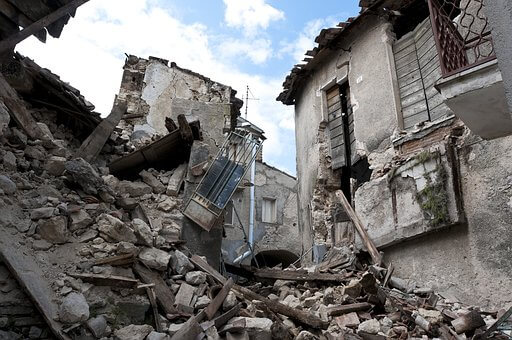Predicting rare disasters, such as earthquakes and pandemics, is a difficult task because there is not enough data on these events to make accurate predictions.
Researchers from Brown University and the Massachusetts Institute of Technology have found a way to make these predictions using statistical algorithms and machine learning. Their method, which was published in Nature Computational Science, does not require a lot of data, instead relying on the quality of the data rather than the quantity.
The researchers used a machine learning model called DeepOnet, which is a type of artificial neural network that can analyze large amounts of data quickly. DeepOnet is typically trained on large amounts of data, but the researchers found that they could train it to identify important data points using statistical algorithms called active learning. These algorithms allow the model to learn from the data and identify new relevant data points that are important to the outcome being calculated.
The researchers applied this method to predicting dangerous spikes during a pandemic, identifying rogue waves, and estimating when a ship will break under stress. They found that their method was able to accurately predict these events using fewer data points than traditional methods.
“The thrust is not to take every possible data and put it into the system, but to proactively look for events that will signify the rare events,” said George Karniadakis, a professor of applied mathematics and engineering at Brown University and an author of the study. “We may not have many examples of the real event, but we may have those precursors. Through mathematics, we identify them, which together with real events will help us to train this data-hungry operator.”
The researchers hope that their method will be able to provide more accurate predictions of rare events, which could help to reduce the impact of these disasters. “We believe that this new method has the potential to significantly improve the forecasting of extreme events,” said Karniadakis. “For example, predicting earthquakes could help reduce the devastating effects of earthquakes, especially in countries where there are no early warning systems.”

